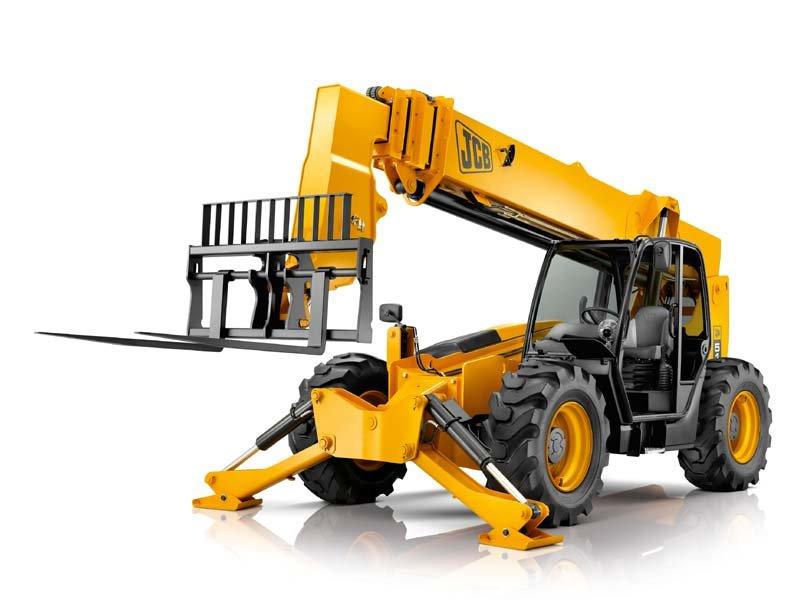Mini Excavator Rental: Compact Machines for Tight Spaces
Mini Excavator Rental: Compact Machines for Tight Spaces
Blog Article
Optimize Your Spending Plan by Understanding the Prices Linked With Building And Construction Tools Leasings
Comprehending the complete scope of expenses related to building and construction tools rentals is vital for optimizing your budget. While the preliminary rental cost may appear uncomplicated, numerous extra costs-- such as transport, fuel additional charges, and upkeep-- can quickly collect, impacting your financial planning. Additionally, being aware of numerous fees and the intricacies of rental agreements can assist stay clear of unanticipated financial problems. What strategies can be employed to efficiently manage these prices and make sure a more effective rental experience?
Summary of Rental Expenses
When taking into consideration building and construction equipment services, comprehending the associated costs is critical for reliable budgeting and job planning. Rental expenses can vary significantly based upon a number of factors, consisting of equipment kind, duration of rental, and area. The preliminary rental cost commonly reflects the equipment's market demand and its associated functional capabilities, influencing the total cost.
Along with the base rental price, ancillary prices may develop, such as transportation costs, gas additional charges, and maintenance fees. It is vital to represent these additional costs to properly evaluate the complete price of renting out equipment. The rental period can affect rates; longer rentals might certify for discounted rates, while short-term leasings might sustain greater day-to-day charges.

Failure of Rental Prices
A comprehensive understanding of rental rates is necessary for contractors and project managers intending to maximize their spending plans. Rental rates for construction equipment usually consist of a number of parts, consisting of base rates, time-based fees, and usage fees.
Base prices are the core costs linked with the rental of the devices, typically established by the kind and size of the equipment. These rates can differ dramatically, affected by elements such as equipment need, schedule, and local market patterns. Time-based fees, which may be daily, weekly, or monthly, offer to fit different task timelines and rental durations.
Additionally, rental prices may consist of usage costs, which are applicable when tools is used beyond a specified threshold, guaranteeing that the rental company can make up deterioration. Seasonal demand changes can likewise affect rental prices, with peak construction periods commonly regulating greater prices.
In addition, comprehending the rental company's plans concerning maintenance and insurance coverage can provide more insight right into the overall price framework. By examining these components, contractors can make educated decisions, making sure the selection of rental tools aligns with both task requirements and budget plan constraints.
Additional Charges to Consider
Understanding the intricacies of added fees is critical for specialists to handle their total service costs effectively. Past the standard rental rates, different additional charges can dramatically impact the total cost of equipment leasing. These costs often include delivery and pickup costs, which can differ based on range and logistics included in moving the tools to and from the job site.
Additionally, some rental business may impose fuel surcharges if the tools is returned with less gas than when leased. It is likewise necessary to understand potential cleansing costs, specifically for specific equipment that needs complete maintenance after use.

Thoroughly reviewing the rental arrangement and clearing up these additional costs ahead of time can assist professionals stay clear of unanticipated prices and ensure that budget plans stay undamaged throughout the project lifecycle.
Upkeep and Repair Work Expenses
Routine maintenance and repair work expenditures are frequently overlooked variables that can significantly influence the overall expense of construction tools rentals. When renting out equipment, it is crucial to think about not only the rental charges yet likewise the possible expenses associated with keeping the machinery in ideal operating problem.
Numerous rental firms include fundamental upkeep as part of the rental contract; nonetheless, much more comprehensive repair services or unanticipated break downs can lead to extra expenditures. It's important to examine the rental agreement carefully to comprehend what upkeep solutions are covered and what responsibilities fall on the tenant.
Moreover, tools that is not properly maintained can lead to inefficiencies at work website, possibly raising and causing delays project costs. To reduce these dangers, it is recommended to carry out normal examinations and keep open interaction with the rental service provider concerning any issues that occur during use.
Insurance and Liability Costs
Insurance and obligation expenses are important parts that can significantly influence the overall expenditure of building and construction tools services (heavy equipment rental). These prices make certain that both the rental business and the customer are secured from prospective financial losses arising from crashes, damages, or theft throughout the rental duration

In addition, customers ought to understand any type of deductibles or exemptions in the insurance coverage, as these can affect possible out-of-pocket costs. Understanding the terms and problems of any insurance protection is important to prevent unanticipated prices. Inevitably, budgeting for insurance policy and obligation expenditures can help make certain a smoother rental experience and protect versus economic risks connected with construction jobs.
Verdict
In Extra resources conclusion, a comprehensive understanding of the costs associated with construction tools services is important for reliable budget plan administration. Inevitably, informed decision-making concerning equipment rentals adds to the total success of building and construction ventures.
Rental costs can vary substantially based on numerous aspects, including tools type, duration of service, and place (mini excavator rental). The rental period can influence pricing; longer rentals might qualify for discounted prices, while short-term services may incur higher day-to-day fees
By conducting comprehensive study and involving with credible rental business, professionals can effectively browse the complexities of rental prices, ultimately maximizing their financial sources.
Beyond the typical rental rates, numerous extra charges can substantially impact the complete expense of tools leasing. Rental firms typically supply liability insurance policy that covers injuries to third events or damage to residential property, while equipment damages insurance can cover the price of repair work or substitute if the rented tools is damaged.
Report this page